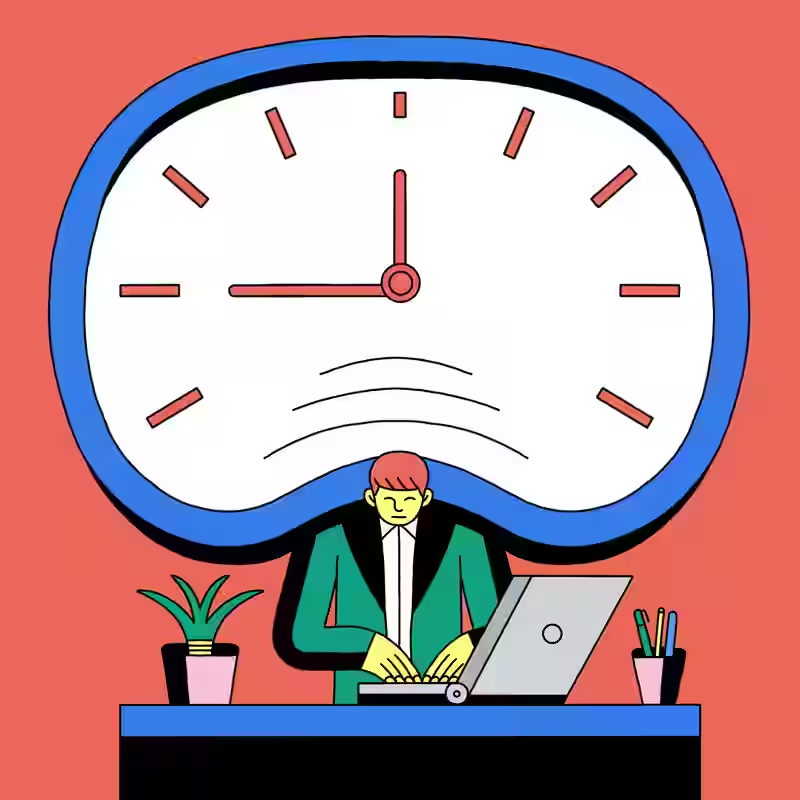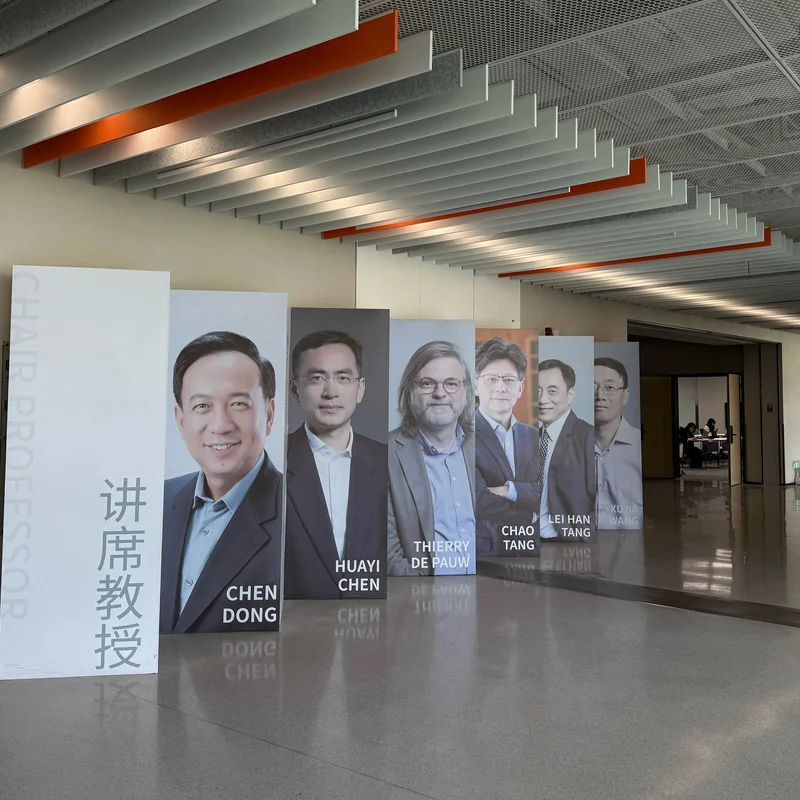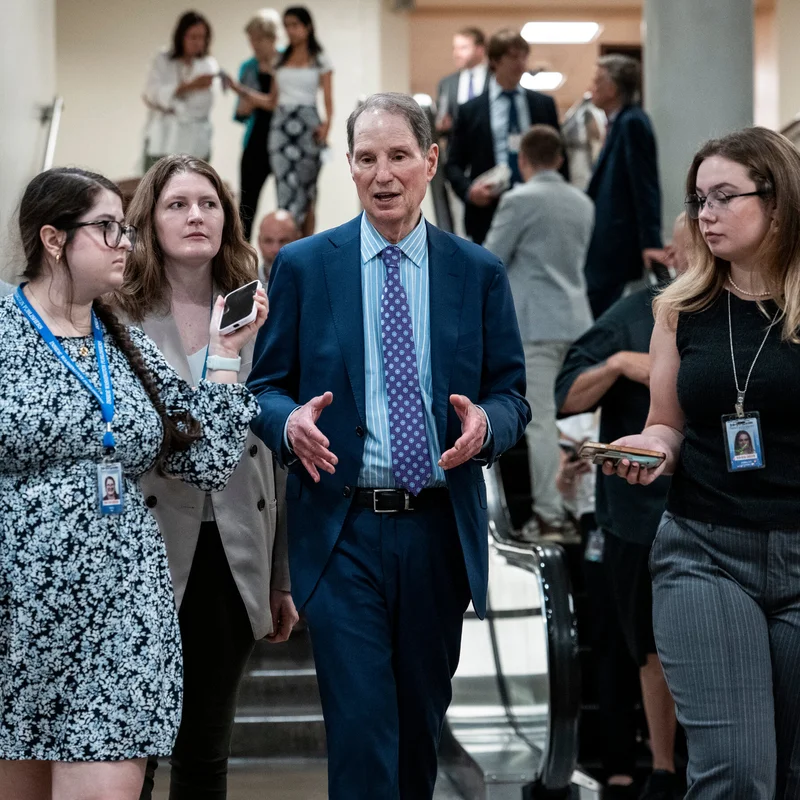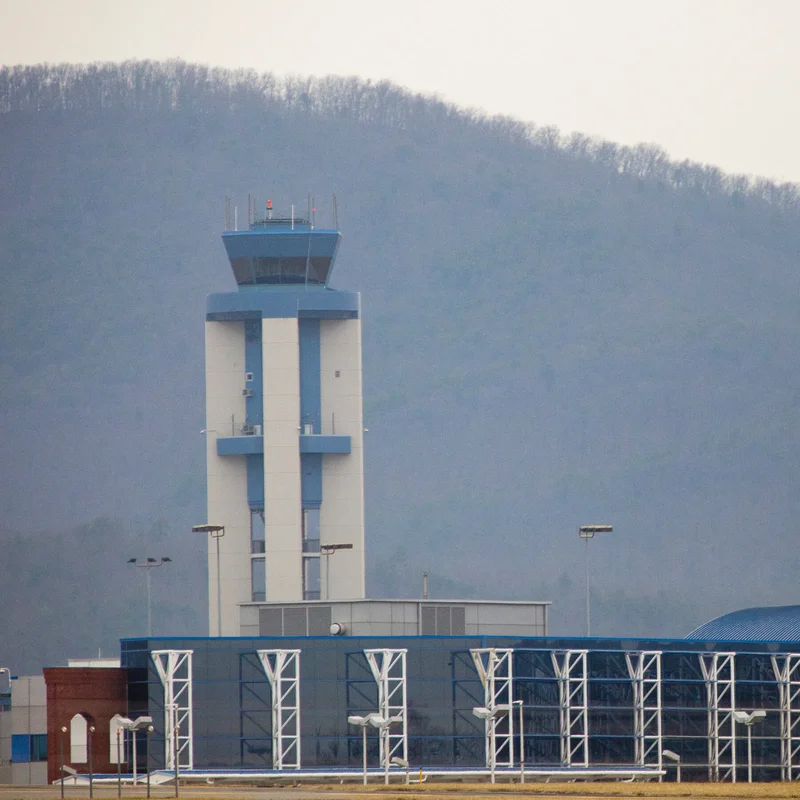From Shenzhen to San Francisco: The Rise of 996 in U.S. Tech
Once a symbol of burnout in China’s tech hubs, the infamous “996” work schedule—9 a.m. to 9 p.m., six days a week—is quietly taking root in Silicon Valley. Fueled by AI mania, venture capital pressure, and a resurgent “hustle culture,” startups and even mid-sized tech firms are normalizing extreme hours, sparking fresh debates about worker well-being and the true cost of innovation .

What Is 996?
Coined in China’s tech boom of the 2010s, “996” refers to a grueling 72-hour workweek with no overtime pay. Though outlawed by China’s Supreme People’s Court in 2021 as a violation of labor law, the practice persisted under cultural pressure. Now, it’s reemerging in the U.S.—not as official policy, but as an unspoken expectation in high-growth startups.
Why Silicon Valley Is Adopting 996
- AI Arms Race: Companies racing to launch generative AI products are demanding “all hands on deck.”
- VC Pressure: Investors want rapid scaling—“growth at all costs” is back in vogue.
- Cultural Mimicry: Founders idolize Chinese tech titans like Alibaba’s Jack Ma, who once called 996 a “blessing.”
- Remote Work Blur: With no commute, the line between work and life has vanished for many.
996 vs. U.S. Labor Standards: A Stark Contrast
| Factor | U.S. Federal Standard | 996 Reality in Tech Startups |
|---|---|---|
| Weekly Hours | 40 (overtime after 40 hrs for non-exempt) | 72+ (often unpaid overtime for salaried roles) |
| Days Off | 2 per week (standard) | 1 (Sunday only) |
| Overtime Pay | Required for non-exempt workers | Rarely provided; most engineers are salaried/exempt |
| Legal Status | Fair Labor Standards Act enforced | Gray area—exploits exemption loopholes |
Worker Testimonials: “It’s Not Sustainable”
“My founder said, ‘If you’re not working 996, you’re not committed to the mission,’” said a 28-year-old ML engineer at a Series B startup in Palo Alto, who asked to remain anonymous. “But I haven’t seen my partner in weeks. I’m surviving on caffeine and guilt.”
Others report insomnia, anxiety, and physical exhaustion. One product manager in Austin said she developed stress-induced alopecia after three months on a “996 sprint.”
Pushback and Resistance
Not everyone is complying. Worker collectives like Tech Workers Coalition are calling 996 “wage theft by culture.” On Blind and Reddit, engineers are sharing “996 red flags” to avoid toxic employers.
“This isn’t hustle—it’s exploitation dressed as passion,” said labor organizer Maya Chen. “You can’t ‘disrupt’ your way out of basic human needs.”
What’s Next?
While no U.S. agency has cracked down on 996-style scheduling, the Department of Labor is monitoring salaried worker complaints. Meanwhile, some ethical startups are branding themselves as “anti-996,” offering 32-hour workweeks and mental health stipends to attract talent.
As one disillusioned engineer put it: “We came here to build the future—not burn out in it.”




